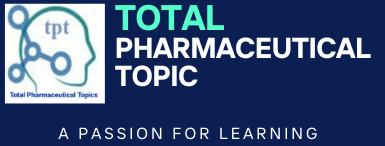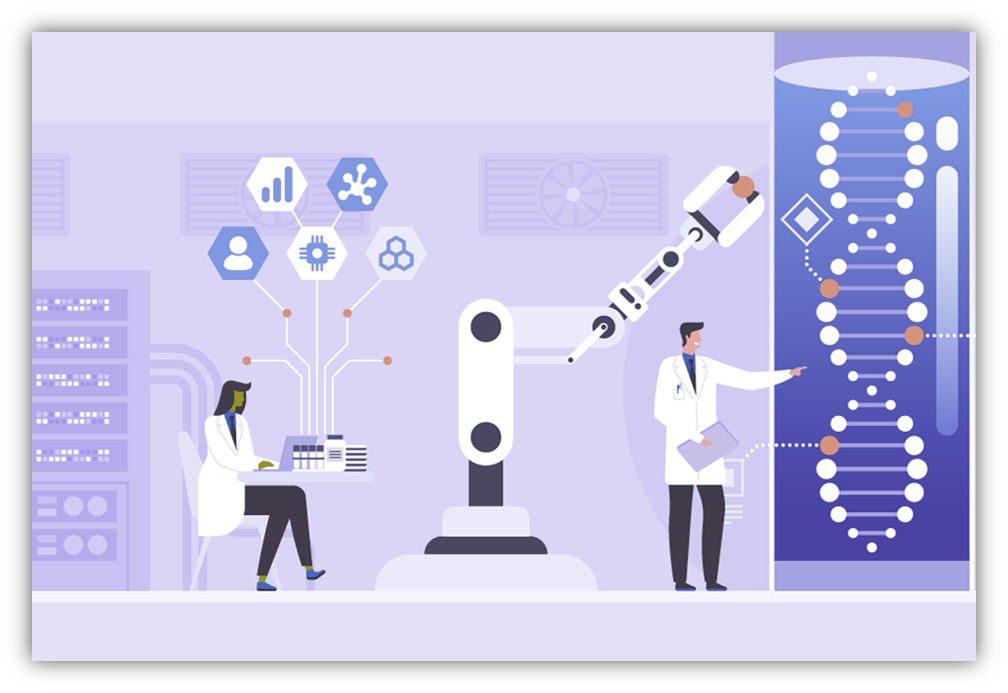Artificial Intelligence and Automation in Healthcare, these are key step for Revolutionizing Pharma
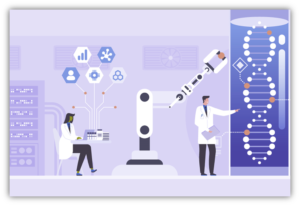 |
| Artificial-intelligence-in-pharmaceutical-Industry |
How to define Artificial intelligence and Automation:
Artificial intelligence is a broader concept that covers the simulation of human intelligence by machines, while Automation refers to the use of technology to perform tasks with minimal human intervention.
AI systems
are typically more flexible and capable of learning and adapting, while
automation systems are often simpler and more static. To understand the
difference between these two terms refer below tabulated details;
|
Aspect |
Artificial |
Automation |
|
Definition |
Simulation |
Use |
|
Capabilities |
Mimics |
Performs |
|
Flexibility |
More |
Relatively |
|
Complexity |
Often |
Can |
|
Applications |
Drug |
Manufacturing |
|
Examples |
AI |
Robotic |
How to utilized Artificial intelligence and Automation in Pharmaceutical Industry?
Artificial intelligence can be utilized in
various ways to enhance compliance with regulatory requirements:
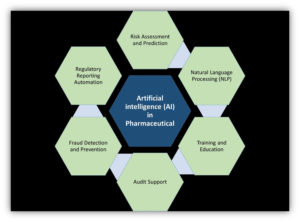 |
| Artificial-intelligence-in-pharmaceutical-Industry-2 |
1.
Automated
Monitoring and Reporting: AI-powered systems can continuously monitor vast
amounts of data and flag any inconsistencies or deviations from regulatory
standards. This helps organizations stay compliant in real-time and enables
them to take prompt corrective actions.
2.
Risk
Assessment and Prediction: AI algorithms can analyze historical data to identify
patterns and predict potential compliance risks. By anticipating issues before
they arise, organizations can proactively address them, reducing the likelihood
of regulatory violations.
3.
Natural
Language Processing (NLP): NLP algorithms can parse through regulatory documents, contracts, and
other legal texts to extract relevant information. This helps ensure that
organizations understand and adhere to the intricate details of regulatory
requirements.
4.
Data
Privacy Compliance: AI tools can assist in ensuring compliance with data privacy
regulations by automatically anonymizing sensitive information, implementing
access controls, and monitoring data usage to prevent unauthorized disclosures.
5.
Regulatory
Reporting Automation: AI systems can streamline the process of generating regulatory reports
by extracting and consolidating data from various sources, reducing the time
and resources required for compliance reporting.
6.
Training
and Education: AI-powered e-learning platforms can provide personalized training
programs tailored to specific regulatory requirements, ensuring that employees
are well-informed and equipped to adhere to compliance standards.
7.
Fraud
Detection and Prevention: AI algorithms can analyze transactional data to detect
anomalies indicative of fraudulent activities, helping organizations comply
with regulations related to financial transparency and anti-money laundering.
8.
Audit
Support:
AI can facilitate audits by organizing and presenting relevant data in a
structured format, making it easier for auditors to assess compliance and
identify areas for improvement.
Overall, AI offers significant potential to enhance regulatory compliance by
automating routine tasks, improving risk management, and ensuring timely and
accurate adherence to regulatory standards.
———————————————————————————————————————-
Automation in pharmaceutical is being utilized in different ways to improve efficiency, accuracy, and safety in various processes. Some common types of automation are;
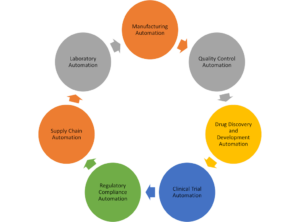 |
| Automation in Pharmaceutical industry |
1. Manufacturing Automation: This includes automated processes for drug formulation, blending, granulation, tablet pressing, encapsulation, packaging, and labelling.
2. Laboratory Automation: Laboratory automation involves automated systems for sample preparation, analysis, and testing, such as high-throughput screening, liquid handling, chromatography, and spectrophotometry.
3. Quality Control Automation: Automated systems are used for quality control testing, including microbiological testing, stability testing, and analytical testing to ensure product quality and compliance with regulatory requirements.
4. Supply Chain Automation: This includes automated systems for inventory management, warehousing, and distribution to optimize supply chain processes and ensure timely delivery of pharmaceutical products.
5. Regulatory Compliance Automation: Automation is used to streamline regulatory compliance processes, including electronic document management, data integrity verification, and audit trail generation to meet regulatory requirements.
6. Clinical Trial Automation: Automation is used to streamline various aspects of clinical trials, including patient recruitment, data collection, monitoring, and reporting to improve efficiency and accuracy in clinical research.
7. Drug Discovery and Development Automation: Automation is used in various stages of drug discovery and development, including virtual screening, molecular modeling, high-throughput screening, and combinatorial chemistry to accelerate the drug discovery process.
Overall, automation plays a crucial role in improving productivity, efficiency, and quality in the pharmaceutical industry while ensuring compliance with regulatory requirements and maintaining patient safety.
Learn More…….
Pharmaceutical Drug substance (API) and Drug Product: Definition
Drug Substance and Drug Product Manufacturing Flow: Discovery to Delivery
Drug Substance in Pharmaceuticals!! Unveiling Its Vital Role
